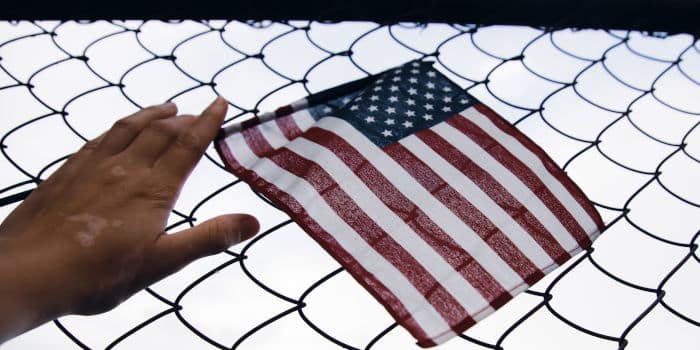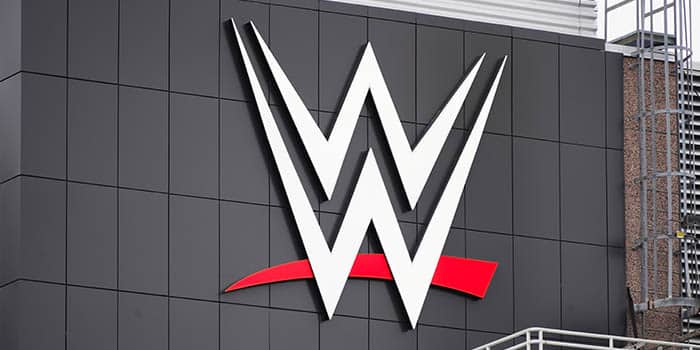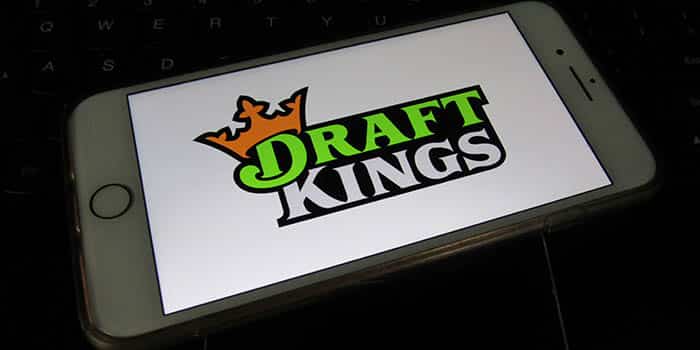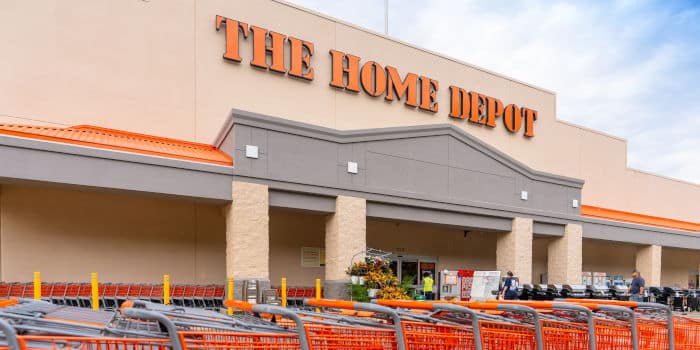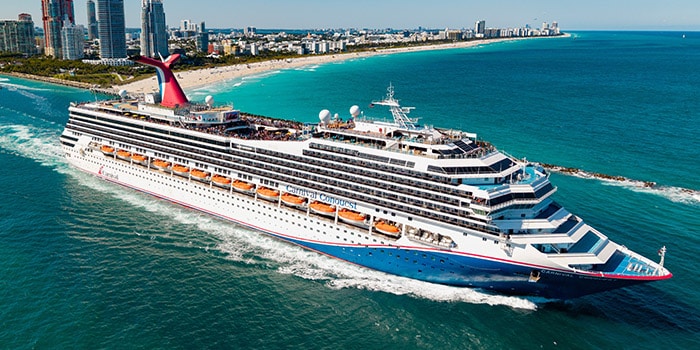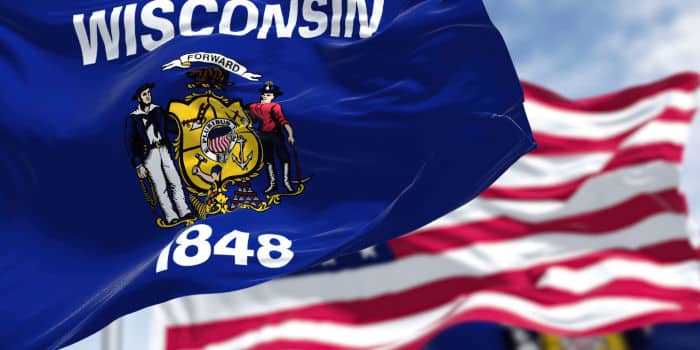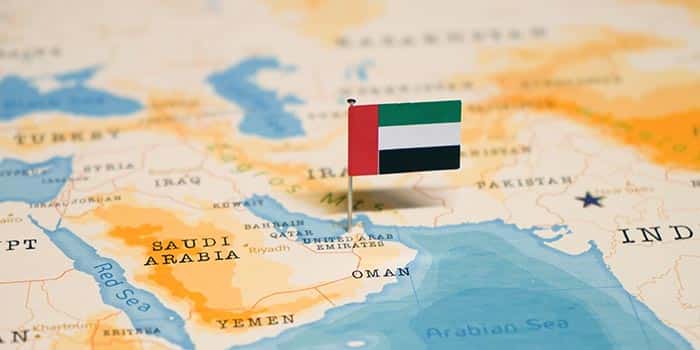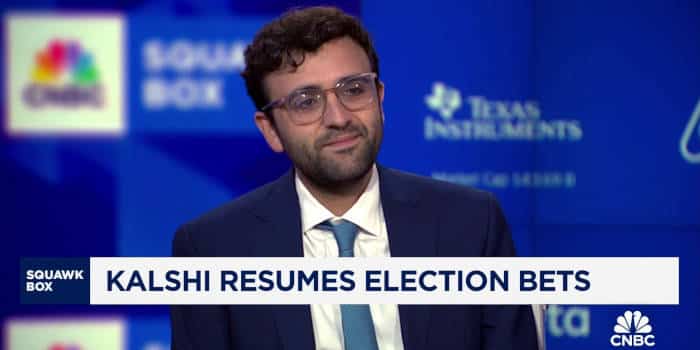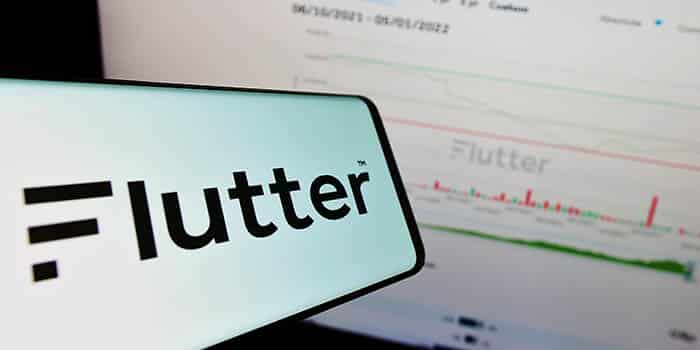Fact-checked by Stoyan Todorov
Goodbye, Africa: William Hill to Leave 14 Countries in December
William Hill will exit 13 countries at the start of next month, closing accounts and refunding unsettled bets as Evoke focuses on reassessing its global footprint
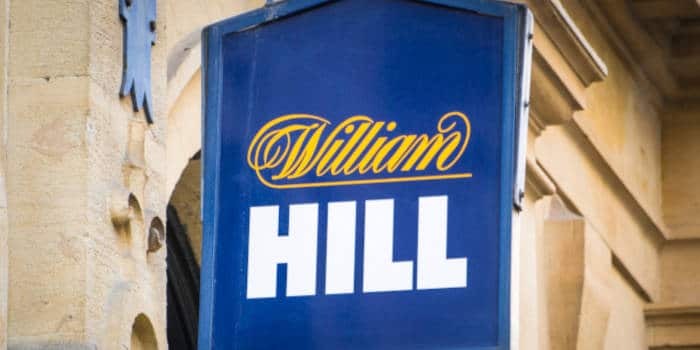
Evoke-owned William Hill is getting ready to pull out of 13 countries starting December 2. The move, which will hit several of its African markets, follows last month’s similar announcement for roughly 200 shops in the UK.
What Should African Players Know
The company has already confirmed that customers in Angola, Bolivia, Burkina Faso, Cameroon, Kenya, Mozambique, Nepal, Nicaragua, Nigeria, the Republic of Congo, the Democratic Republic of Congo, Somalia and Vietnam will no longer be able to place bets after that date.
According to the notice posted on William Hill’s website, the transition will be fairly simple. Bets that settle on or before December 2 will be paid out as usual. Anything that’s meant to settle after will be voided, with funds returned to customers’ accounts. Players will still be able to log in and withdraw their money until January 5.
After January 6, logins will no longer work. Anyone who still has a balance will need to contact customer support to get their money back.
Rethinking Business
This change comes at a time when Evoke is already busy rethinking parts of its business. Back in 2022, the company licensed the 888 brand to 888Africa, a joint venture with a focus on regulated African markets. Evoke continues to hold a stake in the project.
The venture is led by Christopher Coyne, formerly the head of competitive intelligence at Paddy Power, while Andrew Lee, who once ran William Hill’s online division, now oversees product.
As mentioned earlier, the timing of these market exits also lines up with a separate concern for Evoke: the future of its UK retail presence. The company warned that hundreds of its shops could close if the government raises gambling taxes in next week’s budget.
Reports suggest that roughly 15% of its stores are at risk, which could put about 1,500 jobs in jeopardy.
In a statement, an Evoke spokesperson said, “As part of our ongoing planning, we are assessing the potential impact of different overall tax scenarios on our UK operations. This includes the difficult but necessary consideration for shop closures.”
The statement further added the operator was “mindful of potential tax increases” that could “impact” domestic investors and send more customers to the black market.
After finishing her master's in publishing and writing, Melanie began her career as an online editor for a large gaming blog and has now transitioned over towards the iGaming industry. She helps to ensure that our news pieces are written to the highest standard possible under the guidance of senior management.


